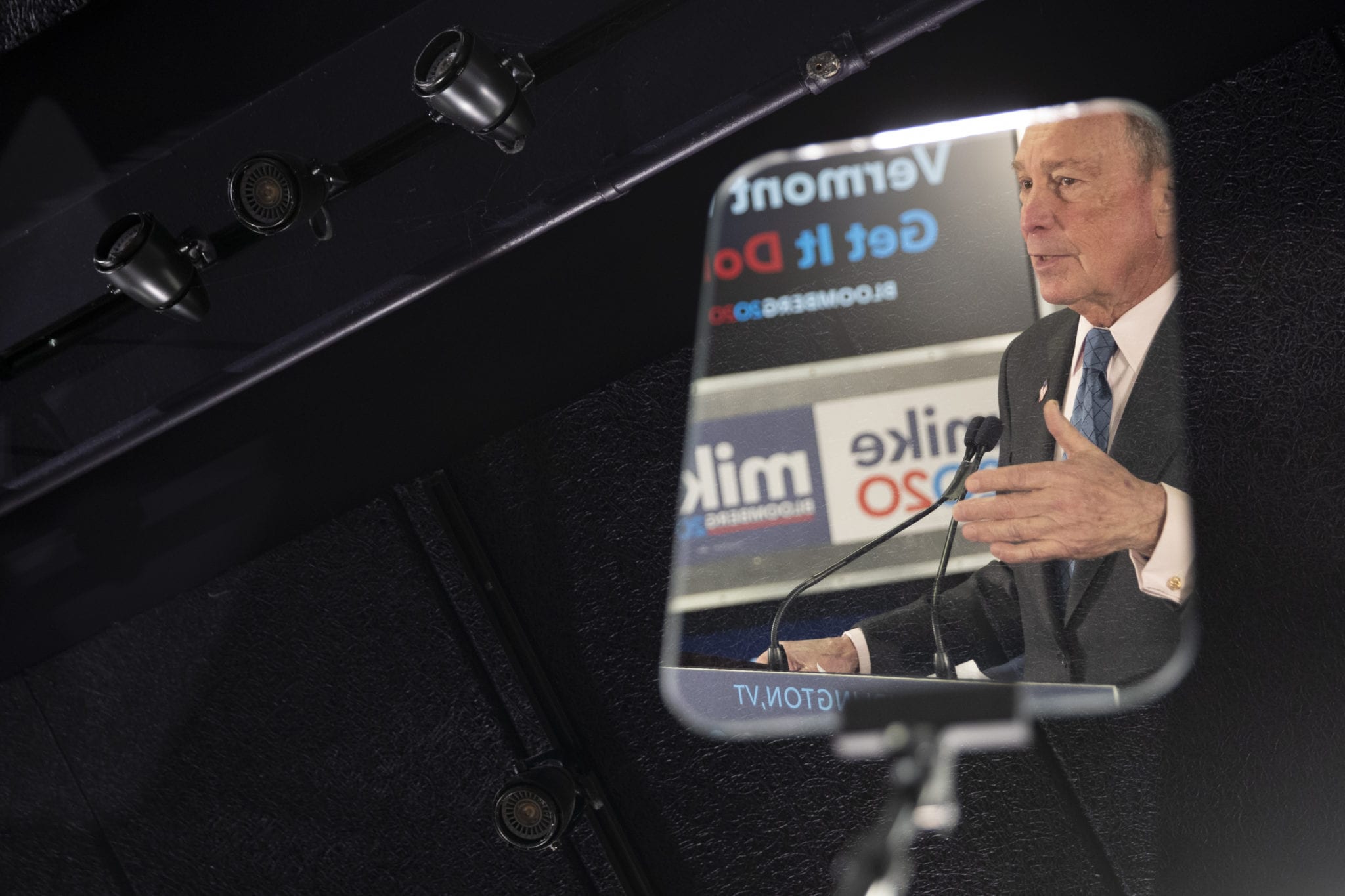
Mike Bloomberg (AP IMAGES)
Mike Bloomberg joins a growing chorus of Democratic presidential candidates threatening to go after drug patents
As the mayor of New York City, Mike Bloomberg had a few modest ideas about lowering prescription drug prices in …
Sign up to read this article for free.
Get free access to a limited number of articles, plus choose newsletters to get straight to your inbox.